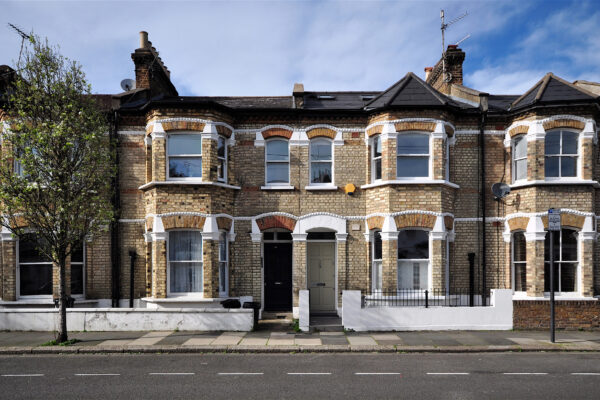Buy tickets now
Metropolitan Housing Trust Ltd v RMC FH Co Limited [2017] EWHC 2609 (Ch)
![Metropolitan Housing Trust Ltd v RMC FH Co Limited [2017] EWHC 2609 (Ch)](https://tanfieldchambers.co.uk/wp-content/uploads/2024/07/tanfield.fallback.pattern.grey_.png)
The defendant owned the freehold reversion of a block of flats (“the block”). The claimant was the headlessee. Both parties contended that they enjoyed the benefit of a right to light to certain windows in the block. The headlease provided, amongst other things, that the claimant would not permit an encroachment on the demised premises so as to cause damage, annoyance or inconvenience of the landlord. Directly opposite the block lay a development site. The owners of that site intended to construct two buildings of between 3 and 15 storeys high. It was common ground between the parties that it was likely that the new building would infringe any right to light enjoyed by the block. The claimant sought a declaration that it was entitled, in exchange for compensation, to release the owners of the proposed new building of the right to light enjoyed by the block. The defendant contended that were the claimant to do so it would, in breach of the headlease, permit an encroachment to the demised premises.
Morgan J refused to make the declaration sought. The right to light was appurtenant to the freehold of the block and therefore formed part of the premises that were demised to the claimant. The erection of the new building, if it were to result in an actionable interference with the right of light enjoyed by the block, would be an encroachment to the right of light and was therefore an encroachment on the demised premises. There is no reason to limit the ordinary meaning of encroachment to acts that involved actual entry onto the demised premises; it extends to the interference with a right enjoyed by the premises. Finally, any encroachment would cause damage to the landlord because it would result in either the right being extinguished or would remove the ability of the landlord to obtain an injunction requiring the removal of the new building.
This content is provided free of charge for information purposes only. It does not constitute legal advice and should not be relied on as such. No responsibility for the accuracy and/or correctness of the information and commentary set out in the article, or for any consequences of relying on it, is assumed or accepted by any member of Tanfield or by Tanfield as a whole.







